SEO Services for E-commerce Websites: What You Should Know
SEO for e-commerce is a touch different from SEO for content-based domains, such as business websites.
While the latter depends heavily on blogs, link building, and keyword optimization,e-commerce SEO has all that, but it’s also about buyer intent and thoroughly understanding search engine guidelines.
The most obvious example of analyzing buyer intent is the suggestions under a product on Amazon or eBay.

These websites drive sales by getting their search engine optimization right, and so can you.
Why is SEO Essential for E-commerce?
Have you ever wondered why some e-commerce websites rank higher than others despite selling the same products? Bargain prices attract more traffic, but how do people even know these prices exist?
Rigorous internet research? Probably.
There’s more.
SEO for e-commerce has several underlying strategies that can help your e-commerce website rank higher than your competition.
There’s a reason why Amazon ranks at the coveted top spot for “dollhouses.”It has a thoroughly optimized and user-friendly website with amazing backlinking and quality content.
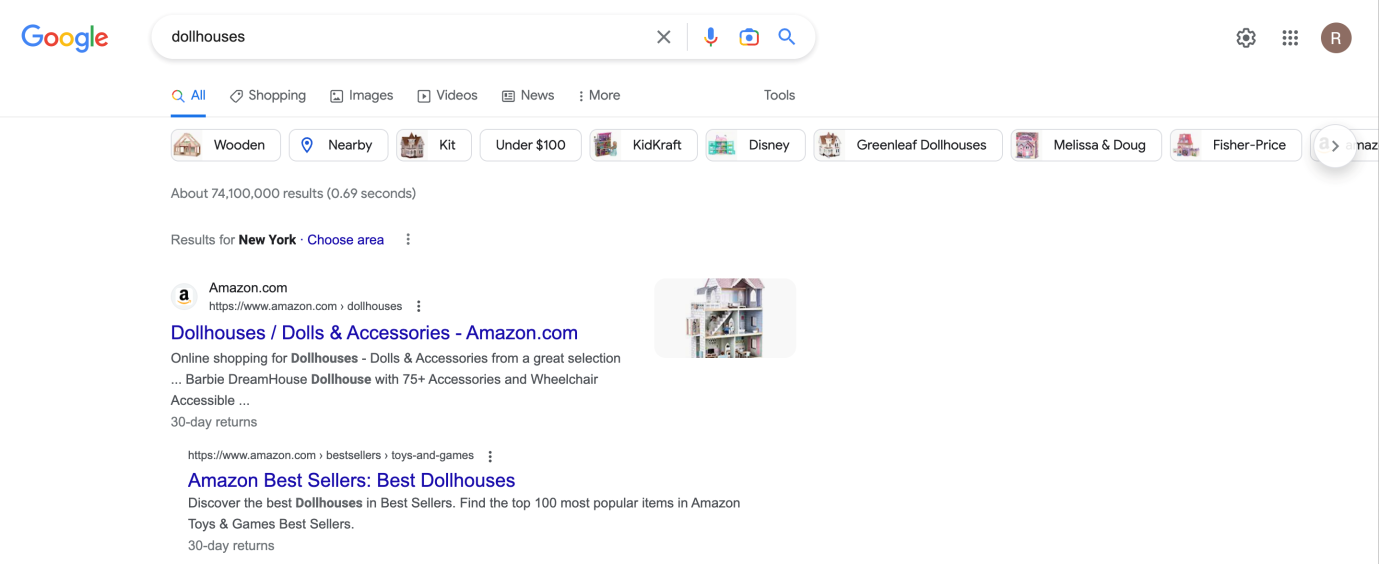
It’s not so much the bargain prices that rachet these websites up the proverbial totem pole, but SEO optimization. It brings these prices in front of potential leads and drives conversions.
Recommended Read: Lead Generation and Conversion Statistics to Guide Your Marketing Strategy in 2023
Etsy: An E-commerce SEO Success Story

Etsy was founded as a maker and seller of handcrafted items in 2005. Today, it’s an indispensable marketplace for making, selling, buying, and collecting niche items.
It’s hard to believe that it failed to break-even before 2017 and had almost folded before a forward-thinking CEO saved it. Today, it is the poster child for SEO marketing, with a dedicated page for search engine optimization on its platform and Google.
The platform ranks for 14 million keywords in the top ten positions for the following reasons:
- User-friendly navigation
- Seasonal product recommendations
- Keyword-optimized blogs
- More informational than transactional keywords
- Excellent core web vitals
SEO for E-commerce Sites: Best Practices
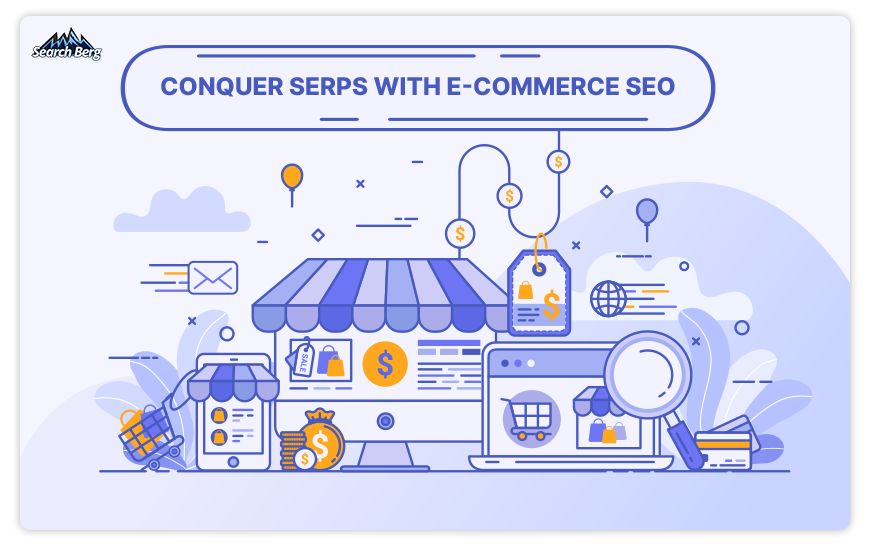
With online sales projected to grow 56% by 2026, e-commerce is the way forward. Hire SEO services to set up an e-commerce platform to:
- Boost your visibility
- Leverage cost-effective marketing
- Increase customer engagement and conversion rates
- Get instantly rewarded by gaining a competitive advantage
1. Use the Right Keywords
We recommend two types of queries for e-commerce SEO: Informational and transactional.
Potential customers use informational keywords when conducting research. The purchase intent is absent at this stage. Most marketers try to rank for these keywords by answering questions.
For instance, if you sell blenders, you can try answering the following questions with your product description.

Searchers use transactional keywords at the bottom of the sales funnel: Just one step from purchasing. A customer looking to buy a blender won’t look up informational queries. They will lead with something like the following.
Prioritize Informational Keywords
Etsy prioritizes informational keywords, and so should you. These keywords will likely be the most searched queries on search engines.
Incorporate informational keywords in your product details organically. If the manufacturer introduces you to new information, update your product descriptions with informational queries. The more keyword-optimized your product details, the higher it will rank.
Follow with Transactional Keywords
Even Etsy uses transactional, or commercial intent, keywords because its endgame is the bottom of the funnel where a prospect turns into a customer by making a purchase. Examples of transactional keywords include:
- Protein mix for sale near me
- Where to buy protein powder
- Protein mix buy online
- Affordable protein powder for weight loss
You can find more transactional keywords in the “related searches” at the bottom of the page.
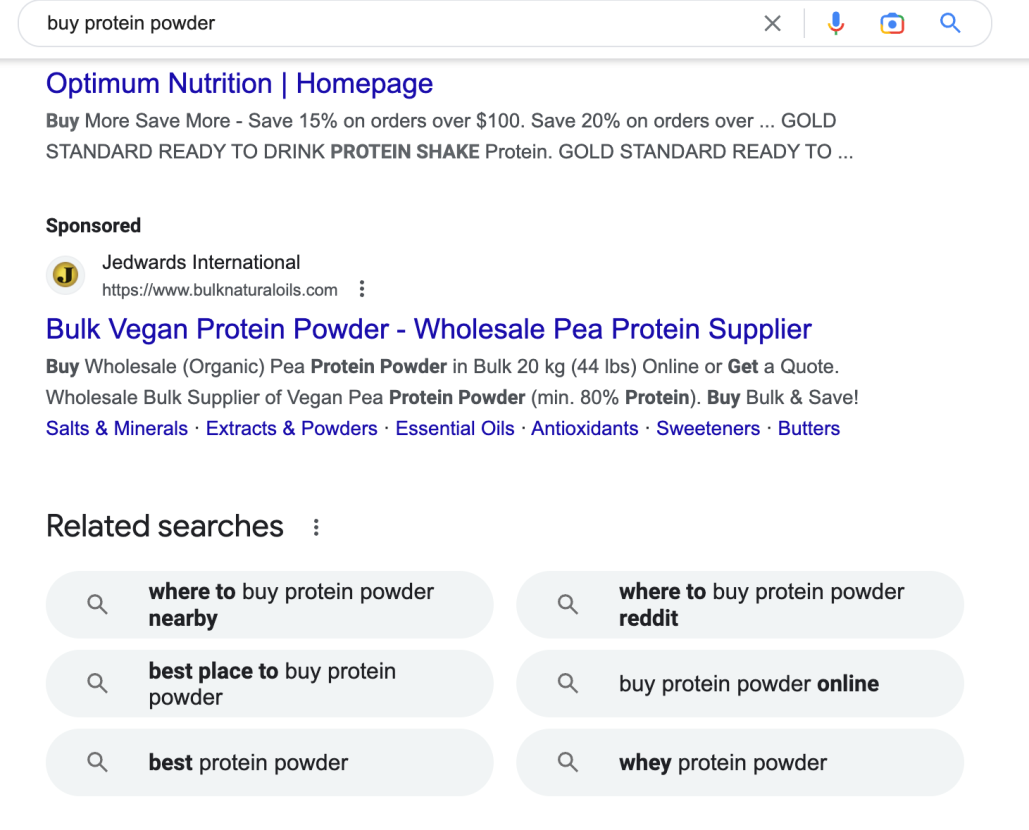
2. Optimize the Product Pages
Take a look at Pilgrim’s product page. It sets a fine example for e-Commerce SEO by getting the following elements right:

- Product descriptions:Ensure engagement with visual and textual details, keywords, calls to action, high-resolution images, and testimonials.
- Image Optimization: Use relevant images for the product page that are the right size and follow the guidelines dictated by your host. These images should have captions and alt tags, and their filenames must contain suitable keywords.
- Reviews: Reviews are a critical part of the sales funnels because they answer potential customers’ questions and provide them with a non-promotional snippet of your product and store. Encourage your customers to leave reviews to get organic traffic and conversions.
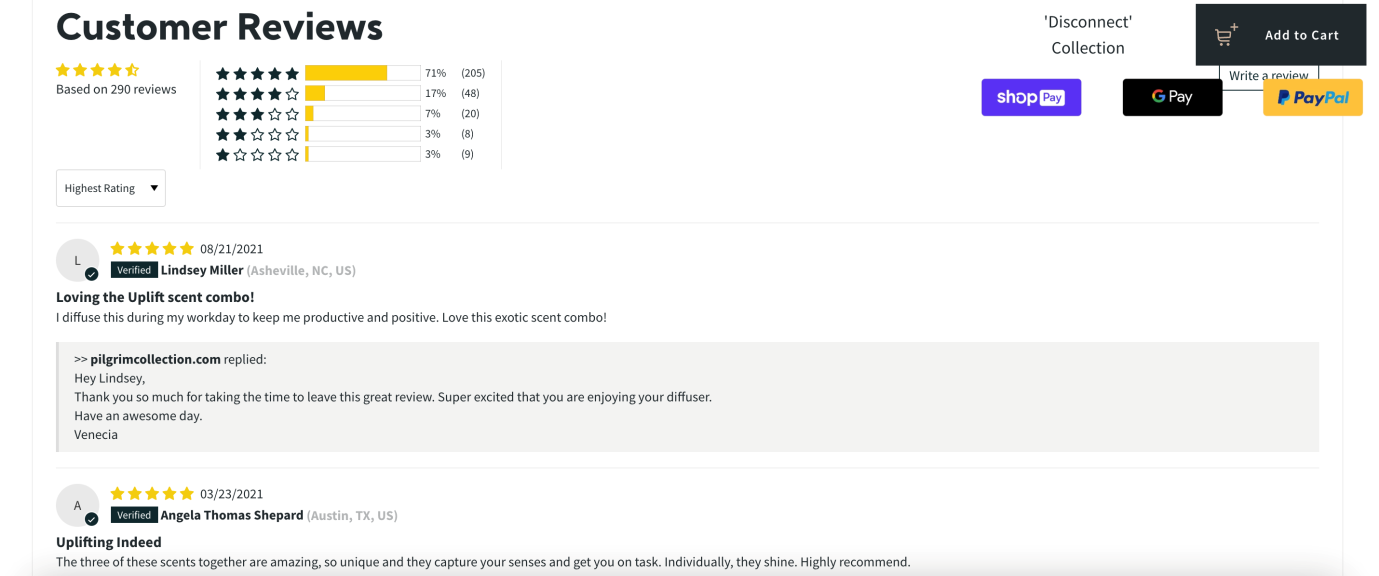
3. Don’t Forget Off-page SEO
Did you know that 15% of American shoppers begin their search on Instagram? Leveraging social media platforms is one of several off-page SEO strategies to direct traffic to your website.
You can use the following off-page strategies to boost your website’s ranking:
- Content marketing
- Guest posting
- Email chains
- Influencer marketing
- Podcasts
- Affiliate marketing
- Review sites
- Local business listings
Google Analytics Insights can help you analyze which of the above strategies works to save costs on your off-page efforts. You can see what is and isn’t driving results and do away with the latter.
4. E-commerce Link Building

Your e-commerce website, like Rome, won’t be built in a day. It takes time for your shiny new domain to gain visibility; earning high-quality backlinks is the first sign of this visibility. It’s when a third-party, preferably high-domain authority, website links to a page on your website because it considers you a valuable resource.
Recommended Read: A Quick 8-Step Backlink Audit Guide
Google has a strict policy against spammy link building, which brings us to the don’ts of our topic.
Common E-commerce SEO Mistakes To Avoid
Doing the following can potentially penalize your website:.
- Link Spam: Most, but not all, paid links qualify as link spam, a clear violation of Google’s guidelines. If these links are poor quality and contain largely duplicated content, you will suffer for it in the form of lower SERP rankings.
- No Product Description: If you’ve never seen a product without a description, it’s because description-less pages never make it on Google. Search engines can’t read images, so always include a description.
- Lack of Keyword-Friendly URLs: Assigning obscure URLs to products makes it difficult for customers to see your product beyond the title tag. Keyword-friendly URLs give your visitors some idea about the product and increase your chances of getting linked by another website.
Here’s an example of a keyword-friendly URL:
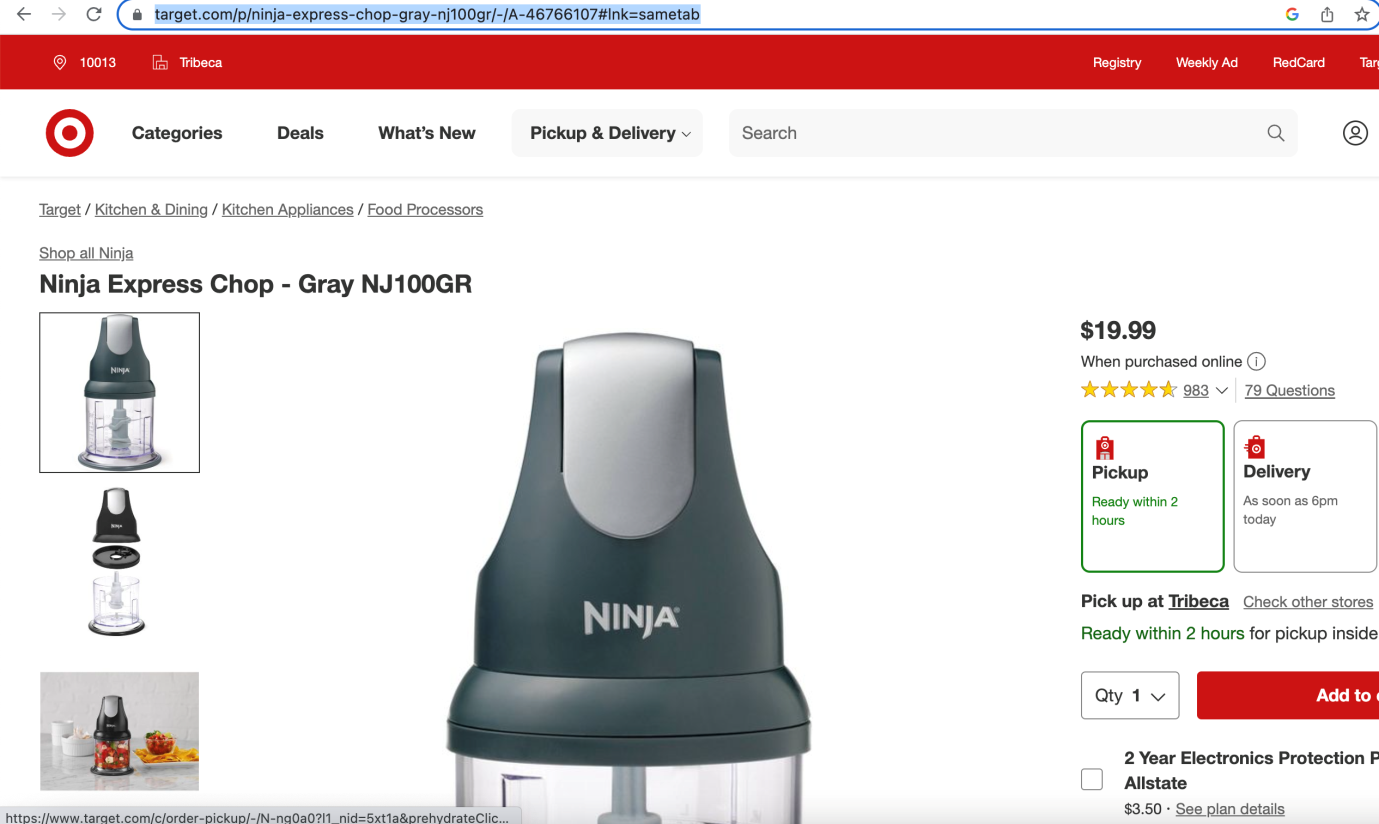
Rank Higher, Sell Smarter: Unleash Your E-Commerce Potential!
E-commerce websites are like the Titanic. One iceberg (read: SEO faux pas), and they will be in the doldrums. Overcome your proverbial iceberg with our SEO services for e-commerce sites.
Conduct an SEO audit to see what’s wrong with your online store and turn things around for your business. If e-commerce is the future, use our professional SEO services to make the most of it in the here and now.
Ready when you are!












